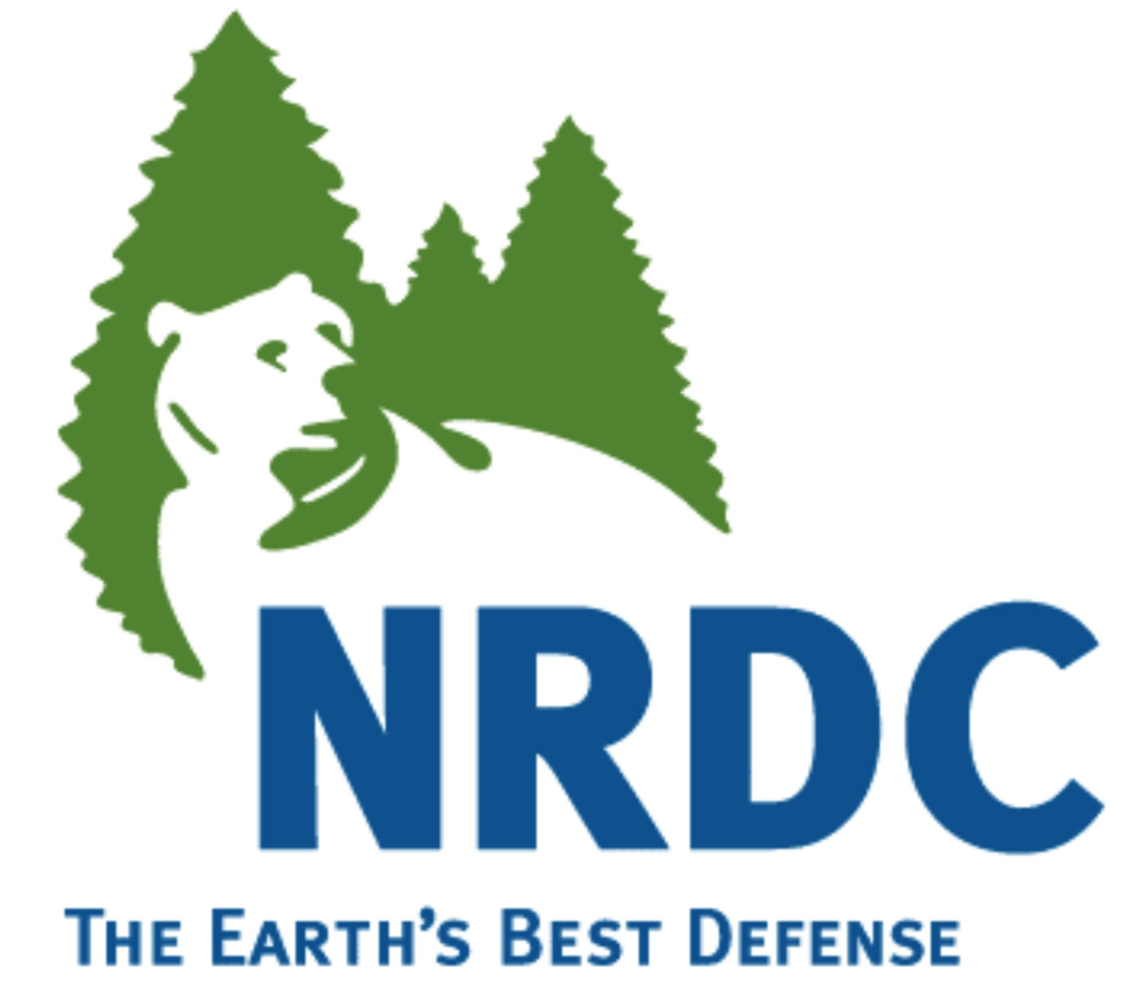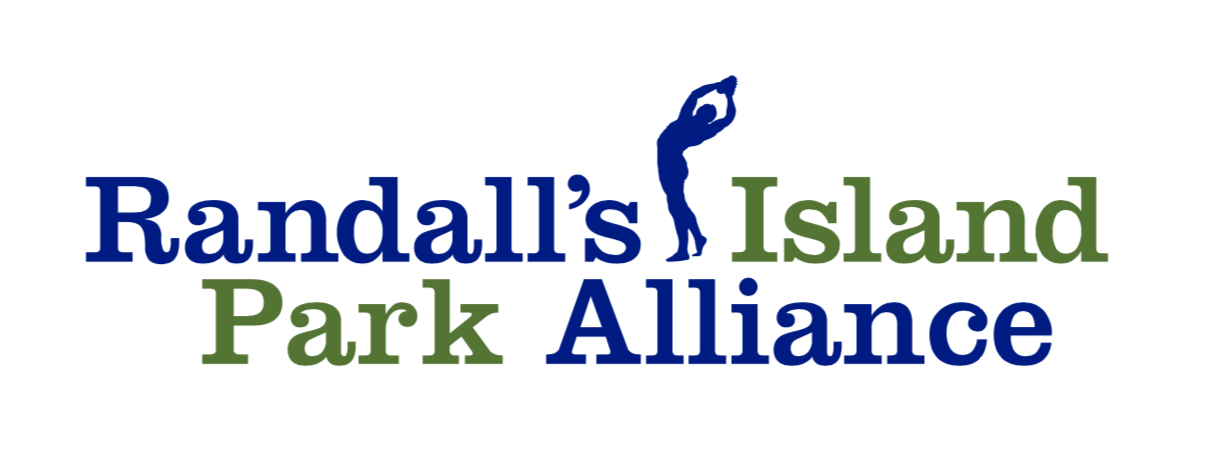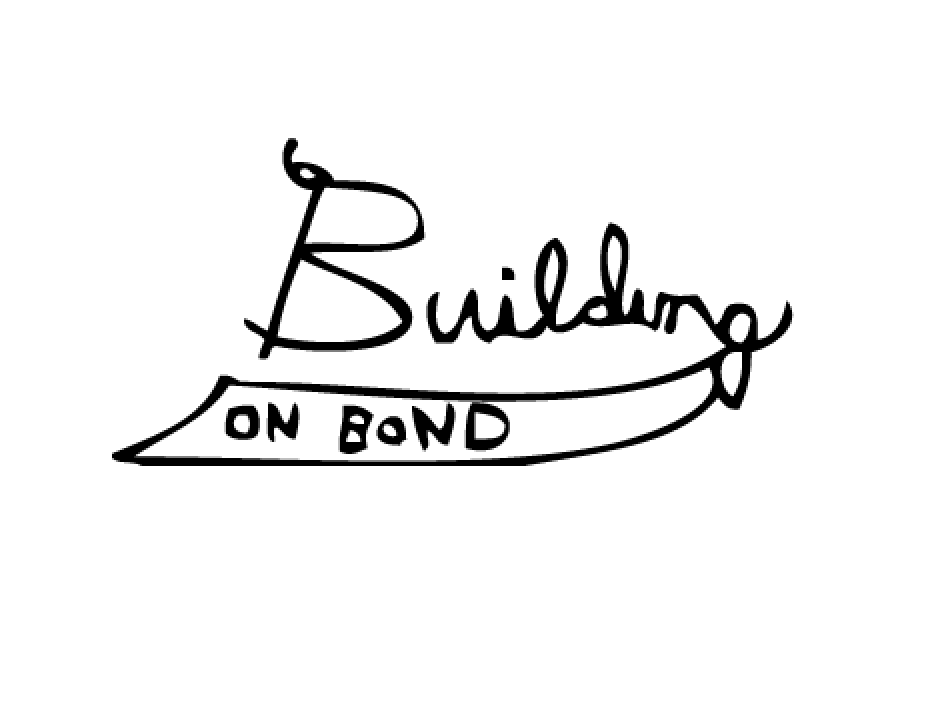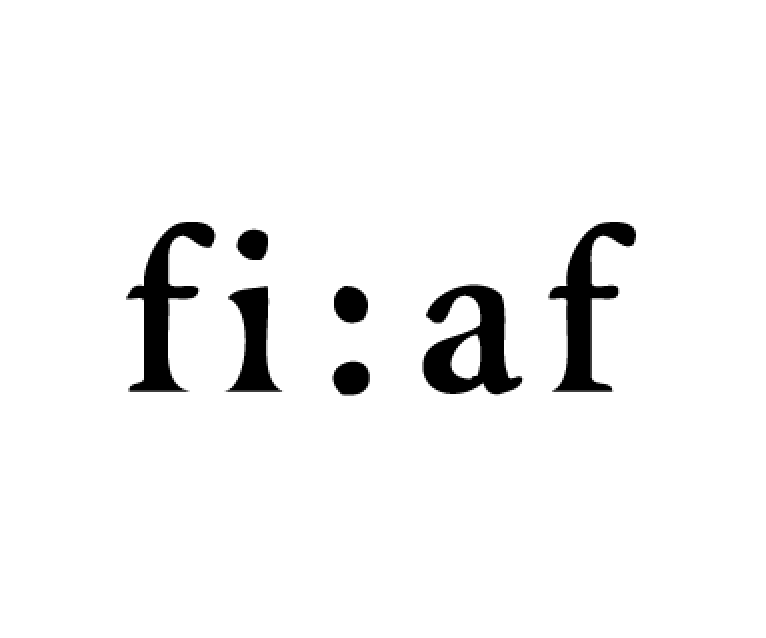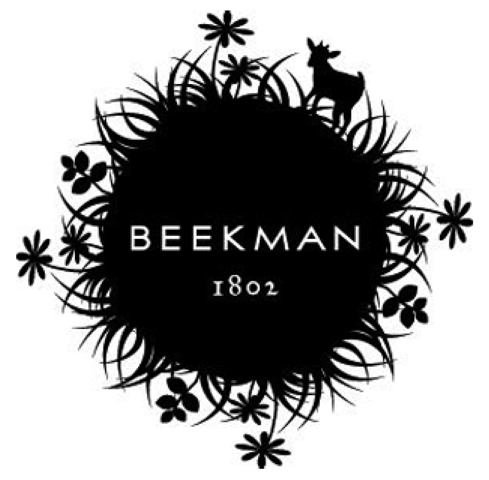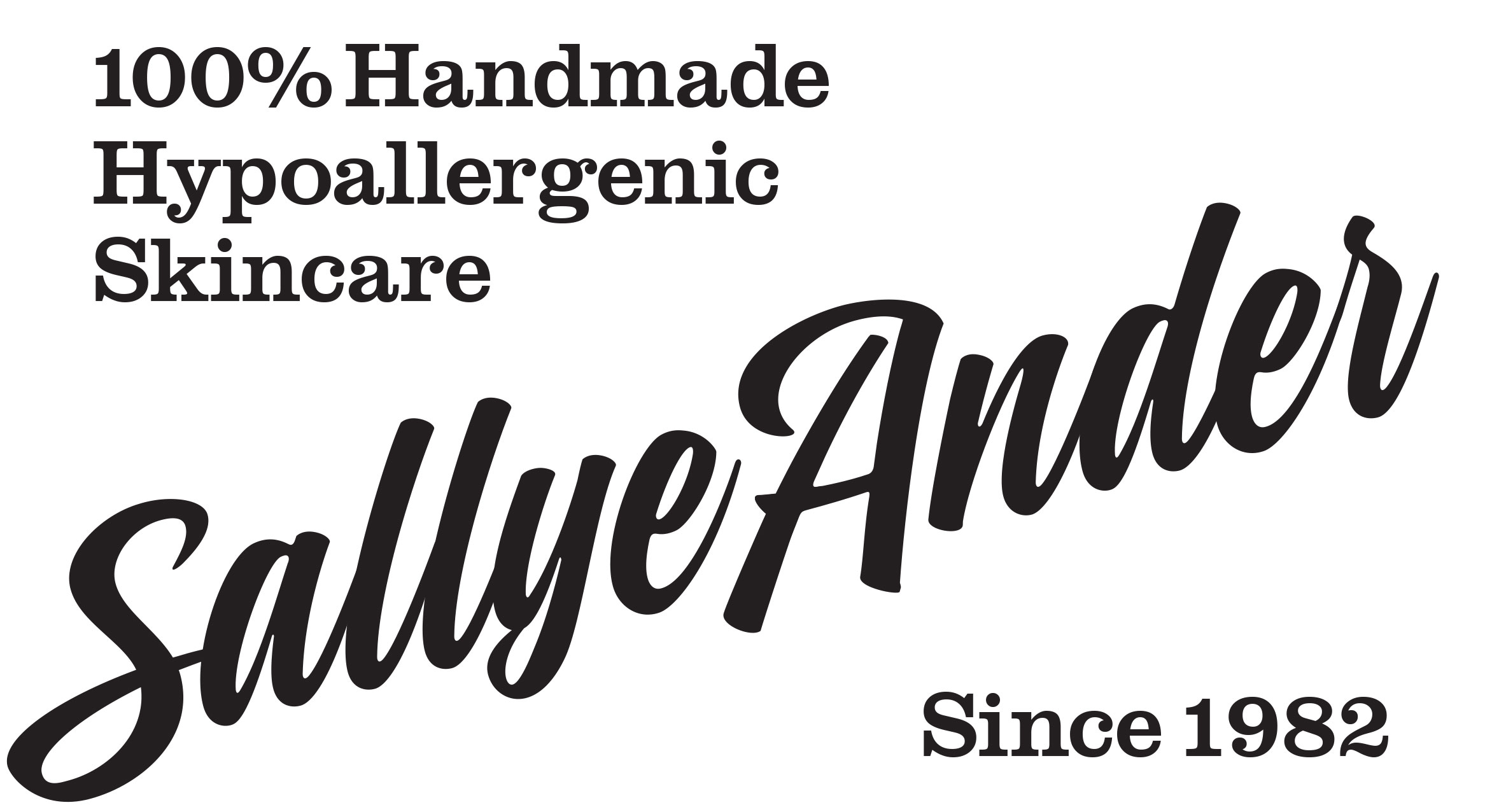Bees are disappearing rapidly. And not just the Honey Bees (who make the delicious honey) but all the bees. There are over 4,000 species of wild bees in North America alone, some are quite extraordinary, and honey bee is just one of them (which is not native as it was brought by the first settlers).
Most of those bees are pollinators, which means they help plants to reproduce. So without bees, no plant babies. And who are the plants babies? The fruits and the veggies we eat every day. From apples to strawberries, from coffee to chocolate, from almonds to tomatoes, all those plants need pollinators, bees. It is estimated that 30% of the world crops (and 90% of the wild plants!) need an insect like a bee to thrive. Without them, crops would die and the world will starve.
There are many reasons all those bees are disappearing. Insecticides, pollution of rivers & water sources, pollution of the soil which contaminates plants (like Roundup), extreme climates, reduction of wild prairies, mono-crop culture, the extension of lawns, industrial beekeeping practices, etc. The list is sadly too long; bees are becoming weaker and die off faster. The result? 40% of bee colonies died last year alone.
In 2015, we created the New York Bee Sanctuary to be part of the solution to protect the bees and all the other wild pollinators. One of the big efforts we are focusing on is to encourage individuals, corporations and cities to create BEE-SAFE zones; places where pollinators are safe and can find healthy food, water & shelter. But very often I got the question from people on what can they do to help the bees.
So here are 10 ways YOU can save the #bees with us, and be part of a growing global movement!
- Join BEE-SAFE and pledge to protect the bees on a piece of land you manage, your garden, the backyard of your company or your rooftop! We have partner towns, schools, corporations, and individuals. Everyone can join!
- Do not use any pesticides, fungicides or herbicides on plants or in your garden. Plants get contaminated and the product will likely reach the bees and kill them. Make sure the plants you buy are not pre-treated with neonics pesticides!
- Buy local & raw honey from your local beekeepers. Avoid honey sold in bulk or in the supermarket unless you are sure of its provenance and quality. Always best to buy on farmers market so you can meet your beekeeper and check with him his sustainable beekeeping practices.
- Plant your garden with native and bee friendly plants. They provide great sources of nectar and pollen (both food for the bees and butterflies). It’s important for bees, as it is for us, to have a diverse and regular food supply.
- Avoid planting lawns. Lawns are literally desert for insects and for wild plants because lawns usually never have plants beneficial to bees and are cut too often so plants never get to bloom. Instead, plant prairies!
- Do not weed your garden. Many plants like dandelion, for example, are an excellent source of food for bees. In early spring, those “weeds” are often the only source of food for beneficial insects. Lots of those weeds are often excellent food and medicine for us too!
- Even if you just have a small balcony you can install a little water basin for the bees to drink during the warm day of summer. Put a few stones and floating cork on the water so bees won’t drown!
- Stay connected to the Facebook page of New York Bee Sanctuary and our Instagram account so you can stay informed and sign regular petition to pressure our state and country to pass regulations to help the bees (like the ban of neonicotinoids)
- Educate yourself and your children about bees. Bees are not dangerous; they forage on a flower and don’t attack humans. By better understanding them we will learn to better respect them. There are 5 must-see documentaries about bees.
- If the buzz gets to you, learn how to become a beekeeper and install a hive in your garden or on your rooftop. It’s a powerful way to give honey bees a home and probably the best local honey you will ever get!
We hope this gives you some good ideas on how to help us #SaveTheBees
We look forward to seeing all of you be a big part of the solution, advocate of the bees, and may be a BEE-SAFE partner!
Bee-well!


